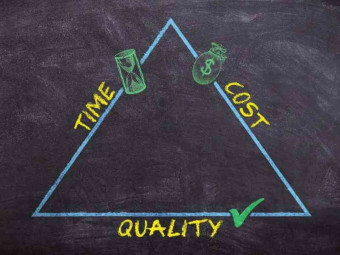Holistic Medicine Foundation
Tags: Holistic Medicine
Adopting holistic medicine for total well being, principles of holistic medicine
Last updated 2022-01-10 | 4.4
- Holistic healing and treatment practices- Principles of holistic medicine
- The five aspects of holistic health
What you'll learn
* Requirements
* No requirementDescription
Holistic medicine means consideration of the complete person, physical, psychologically, socially, and spiritually, in the management and prevention of disease. It is underpinned by the concept that there is a link between our physical health and our more general 'well-being'. In an holistic approach to medicine, there is the belief that our - being relies not just on what is going on in our body physically in terms of illness or disease, but also on the close inter- relation of this with our psychological, emotional, social, spiritual and environment state. These different states can be equally important. They should be managed together so that a person is treated as a whole. In fact some feel that the word holistic should really be spelt 'wholistic'. An holistic approach means that the doctor is informed about a patient's whole life situation.
Holistic medicine treats symptoms but it also looks for underlying causes of these symptoms. One way of explaining this is by looking for 'the story behind the story'. An example of this has been described in an accident and emergency setting where patients may present with one problem and then, having had relief from pain, diagnosis, and care, may explain what led to their problems and attendance. This may reveal, for example, domestic violence, exploitation, or danger. The same can be applied in a General Practice, or any other medical consultation, setting. Holistic medicine is something that alternative medicine practitioners traditionally use as a basis for their treatments. However, it is a common misconception that holistic medicine is just 'alternative' or 'complimentary' medicine. It is true that holistic medicine allows for a wider range of treatment approaches to be used together and encourage open-mindedness for these different approaches.
Who this course is for:
- everybody, health practitioners, nurses, doctors, health associations, government health institution, health consultants, patients etc
Course content
8 sections • 35 lectures








 This course includes:
This course includes:
















